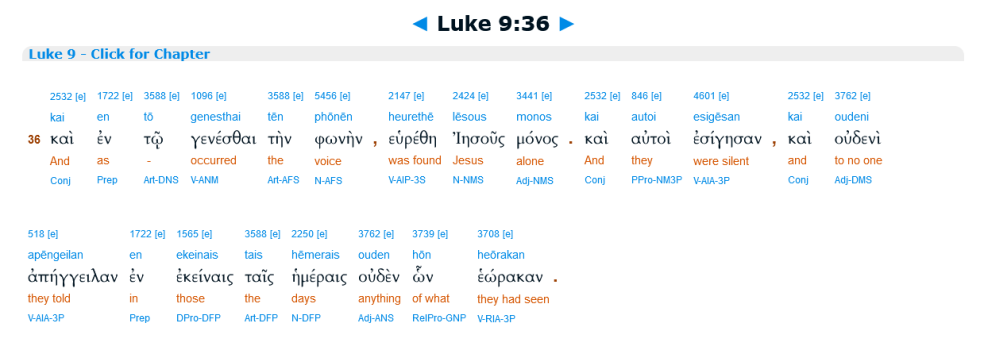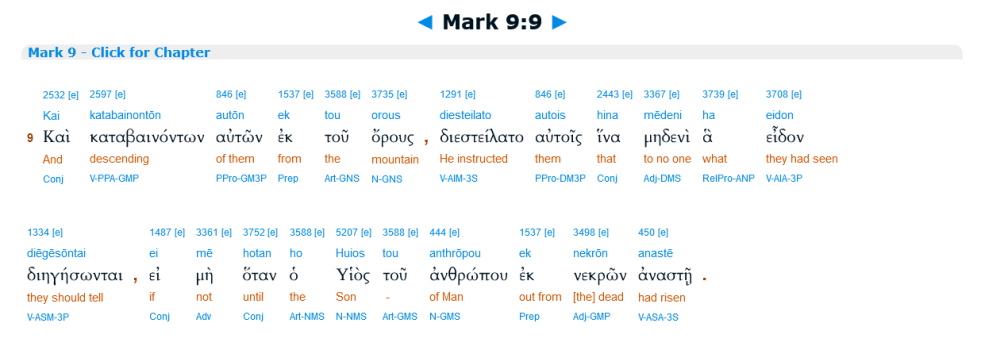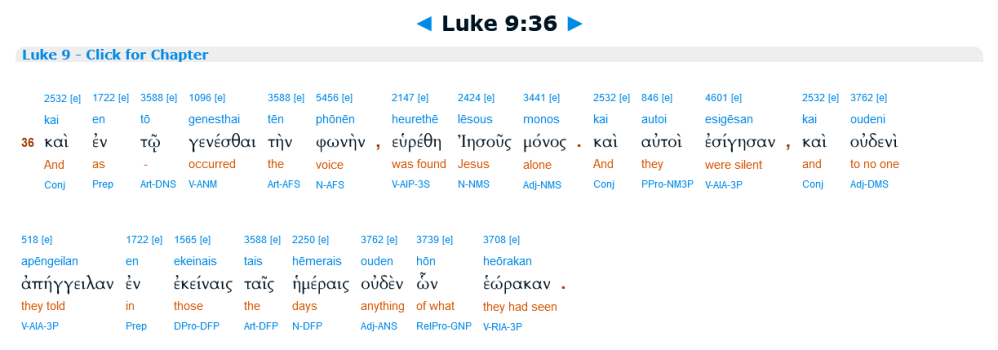I think this is a question of Bible translation.
Not only translation but also failing to understand what had taken place through the eyes of Jesus’ Jewish disciples.
As Jews, the apostles knew the condition of the dead…that they were not alive somewhere (either in heaven or hell) because this was not taught to them at all. (Eccl 9:5, 10)
The Kingdom that Jesus spoke about during his ministry was not completely understood until Pentecost with the outpouring of God’s spirit upon the 120 disciples gathered in an upper room.
The apostles had asked Jesus as was ascending to heaven….
”Lord, are you restoring the kingdom to Israel at this time?” (Acts 1:6)
They had not yet discerned the heavenly nature of the Kingdom and their role in its administration.
Jewish expectation was that the Kingdom would be ruling on earth with those of God’s holy nation appointed as its royal priesthood. This is what their Scripture led them to believe, and right up until Jesus’ departure, they still held to it….
But reading the account in context we see why….
Acts 1:3-8…
”After he had suffered, he showed himself alive to them by many convincing proofs.He was seen by them throughout 40 days, and he was speaking about the Kingdom of God. 4 While he was meeting with them, he ordered them: “Do not leave Jerusalem, but keep waiting for what the Father has promised, about which you heard from me; 5 for John, indeed, baptized with water, but you will be baptized with holy spirit not many days after this.
6 So when they had assembled, they asked him: “Lord, are you restoring the kingdom to Israel at this time?” 7 He said to them: “It does not belong to you to know the times or seasons that the Father has placed in his own jurisdiction. 8 But you will receive power when the holy spirit comes upon you, and you will be witnesses of me in Jerusalem, in all Ju·deʹa and Sa·marʹi·a, and to the most distant part of the earth.”
The heavenly nature of the Kingdom was something to be revealed in God’s due time, and Jesus told them to wait in Jerusalem for what the Father had promised and about which Jesus had been telling them. But as it was not yet time for that revelation, the apostles expected that Jesus would assume his role as King there and then. But there were many things yet to be understood, and a great work to be accomplished… in all the world. God’s holy spirit would do the revealing of all these things.
The things written by Paul and John in later times revealed the spiritual nature of the Kingdom and the role that God’s anointed ones (his elect) would play in it. Going to heaven was a new revelation to them, even though Jesus had told them that he was “going to prepare a place for them” and would come back to take them “home” to be where he was. They did not fully understand.
Rev 20:6 revealed that these chosen ones would be the priesthood that was foretold in their Scripture and that they would also be kings and rule with Jesus from heaven over a cleansed earth, bringing redeemed mankind back into reconciliation with their God, from whom they had been alienated due to the sin introduced by Adam.
Jesus came to “buy back” (redeem) what Adam lost for all of us……everlasting life in paradise….not in heaven, but here on earth where God created us in the beginning. His purpose for the human race never altered but his methods in bringing us back to it, took a detour. (Isa 55:11)
Rev 21:2-4 shows that this arrangement will be for “mankind”…humans living on earth, with all the things that caused grief, pain and suffering, removed from human experience, forever.
The NT Greek doesn't seem to support the word "vision" except in a vague sense.
Strong's Concordance
horaó: to see, perceive, attend to
Original Word: ὁράω
Part of Speech: Verb
Transliteration: horaó
Phonetic Spelling: (hor-ah'-o)
Definition: to see, perceive, attend to
Usage: I see, look upon, experience, perceive, discern, beware.
Interestingly there are two words used for this vision and only Matthew uses the word “vision” (
horama)
“ὅραμα hórama, hor'-am-ah; from
G3708; something gazed at, i.e. a spectacle (especially supernatural):—sight, vision.
We see from other verses that use this word, that it isn’t just something seen with the eyes, but a
supernatural vision. Acts 10:3, 17, 19 all use this word for a “vision” concerning the conversion of the first Gentile, Cornelius, to Christianity. The same is seen in Acts 16:9-10 for a vision that Paul experienced.
The other word is “
horaō” and it means similarly….
- to see with the eyes
- to see with the mind, to perceive, know
- to see, i.e. become acquainted with by experience, to experience
- to see, to look to
So with some understanding of Jewish belief and a good Concordance to guide our appreciation of word usage in other verses, we can get a clearer picture.





